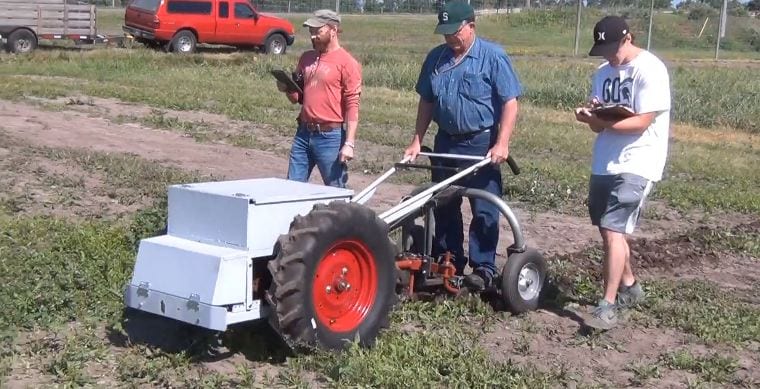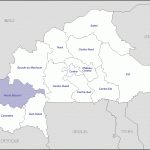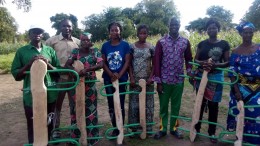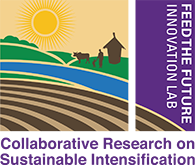The SIIL-funded Appropriate Scale Mechanization Consortium (ASMC), and their Michigan State University (MSU) project, has developed a new traction unit specifically designed to address the needs of the smallholder farmer in sub-Saharan Africa. The ASMC researchers, led by co-PI Dr. Ajit Srivastava, came up with this solar-powered, scale-appropriate, sustainable, and multifunctional machine, to aid smallholder farmers with many of their daily tasks— these include threshing, planting, irrigation, milling and weed control. 70% of the farmers targeted by this technology still use manual labor to perform these tasks, with only 10% using any kind of mechanization. The final 20% use animal labor, a method of farm labor is not without its own costs and issues. By using this machine, farmers in the ASMC target-countries can increase and intensify their production, while reducing costs and human drudgery.
Check out the great video that the ASMC-MSU produced to showcase the machine. It features this exciting and innovative technology, explaining in more detail the solar-powered traction unit’s specifications and uses, along with a demonstration of its functions. We are excited to promote the new ways our funded projects are able to extend sustainable intensification around the world!






